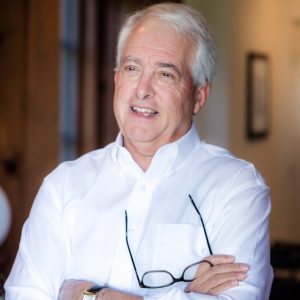Antioch Council to consider changing to district elections Tuesday in light of threatened lawsuit
Tuesday, January 23rd, 2018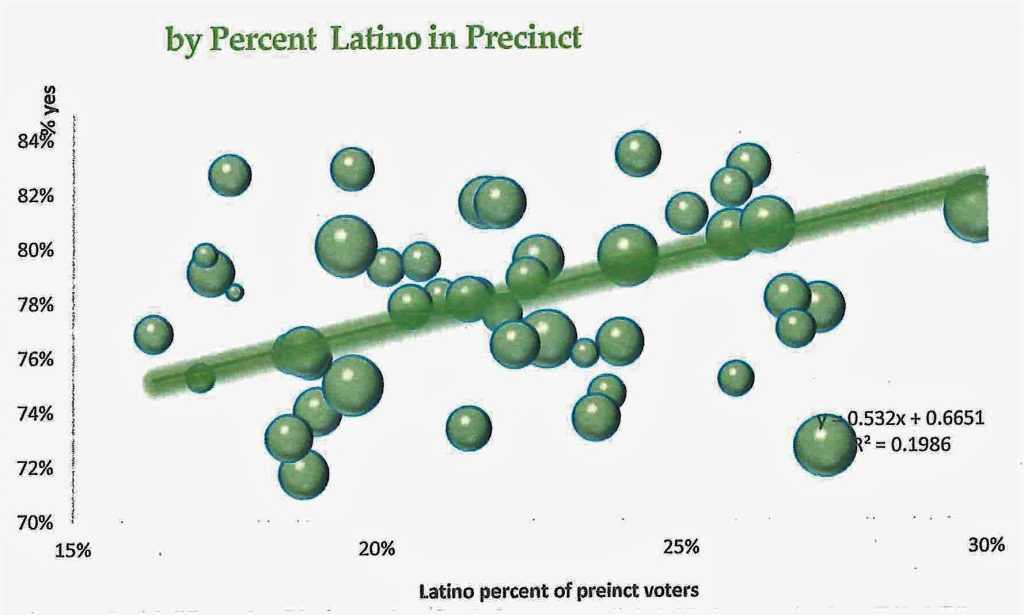
One of the graphs in the attorney’s letter showing the distribution of votes by Latino residents of Antioch in the 2016 City Council election, supporting his argument of racially polarized voting in the city.
Attorney claims current system “dilutes the ability of Latinos to elect candidates of their choice”; offers “Evidence of Racially Polarized Voting in Antioch”
By Allen Payton
At their Tuesday night Jan. 23 meeting, the Antioch City Council will vote to give their intent to convert from at-large to district elections beginning this November. The action is in response to a letter from a Walnut Creek attorney Scott J. Rafferty threatening a lawsuit if the council doesn’t make the change.
The current system of at-large elections means each City Councilmember is elected by the registered voters of the entire City. District elections in Antioch will result in dividing the city into four equal sections by population, and only those who want to run to represent the specific district must live in that part of town. With Antioch having an elected mayor, that position will still be elected city wide.
According to the staff report, in his letter received on November 17, 2017 Rafferty “asserts that the City’s at-large electoral system dilutes the ability of Latinos (a protected class) to elect candidates of their choice or otherwise influence the outcome of Antioch council elections.” He thus asserts “that the City’s at-large council member electoral system violates the California Voting Rights Act” (CVRA).”
Rafferty, representing the Bay Area Voting Rights Initiative (BAVRI), explained the background for his letter, in which he wrote, “In 2001, the Legislature determined that the use of at-large elections (by cities and districts that are characterized by racially polarized voting) dilutes the influence of minority voting blocks.”
Yet, the City has elected Latinos to the Antioch City Council, for over 25 years, including former Mayor Mary Rocha, former Mayor Pro Tem Manny Soliz, former Councilman Ralph Hernandez and current Councilman Tony Tiscareno.
Offers Evidence of Racially Polarized Voting
However, Rafferty offered some statistics and graphs demonstrating how each candidate for Antioch Mayor and City Council in 2016 did better among voters of their same Race. His report states, “the 2016 election results shows [sic] that, with very few exceptions, every white candidate did better the fewer minority voters were in the precinct. Similarly, African American candidates fared far better in the communities with the largest number of black voters. The Latina candidate (referring to Rocha who unsuccessfully ran for re-election) had a marked advantage in the Latino precincts. At the precinct level, there is substantial evidence that Antioch voters disproportionately vote for candidates of their own race.”
Then Rafferty offered details about specific candidates, writing, “For every one percent black voters increased in a precinct, Lamar Thorpe’s margin increased .57%. In Latino precincts, Mary Rocha got .37% greater margin for each added one percent Latino voters. (Ken) Turnage’s lead in non-minority precincts increased .67% for each additional percentage of voters who were white.”
He provides further “Evidence of Racially Polarized Voting” in his letter, which can be viewed, here: Rafferty Letter re Antioch District Elections
Other Benefits of District Elections
Rafferty argues that even if there isn’t racially polarized voting, there are other benefits to district elections. “Single member districts reduce the cost of elections, both to candidates and to the city. Districting will substantially reduce the entry costs of running for office,” he writes.
Arguments Against Districting
Then he argues against district elections writing, “Districting sometimes reduces the electoral strength of the very groups that it is designed to help. If Latinos do vote as a bloc, and comprise 15% of voters, they may exercise…decisive influence in the election of every member. Relatively few cities that have converted to single member districts have seen a significant increase in minority office holders. The greatest risk is that there will be no qualified candidate willing to stand for election in a new district. In such a case, the remaining members appoint, which completely disenfranchises voters in the new ‘minority’ district.”
Rafferty further writes that, “Districting can also force the community to choose among incumbents or other well-qualified candidates, when all could have been elected in the at-large system. The transition sequence may also have adverse effects. In a staggered system, the incumbents serve out their term. In the first election, the districts with the largest minority populations generally choose district members first.” He cites Elections Code Section 10010(b) which states “sequence must consider purposes of CVRA and preference by members (residents?) of the districts.”
He concludes that “Although the incumbents in Antioch are not closely clustered, none inhabits the high-minority area (assuming the registrar’s precinct racial data is accurate)” and that “It is extremely likely that a formal analysis will confirm that Antioch experiences racially polarized voting, which dilutes the electoral influence of the city’s protected racial and language groups, particularly Latinos.”
Could Affect Current Incumbents Up for Reelection This Year
The proposed resolution for the Council’s consideration states, “the adoption of a district-based elections system will not affect the terms of any sitting Council Member, each of whom will serve out his or her current term.” However, both Tiscareno and Councilwoman Lori Ogorchock are up for election in November. If they both reside in the same district, they would have to face each other in the election. But, if either of them live in the same district as either Mayor Pro Tem Lamar Thorpe or Councilwoman Monica Wilson, or both, they could not run this year, as there will be no election held in those districts. The other option for Tiscareno or Ogorchock is to move into one of the districts that are up for election.
Other cities in the county have been targets of similar threats from Rafferty and an attorney from Southern California, including Martinez and Concord. That latter city voted earlier this month to change to district elections, to also avoid a lawsuit.
The California Legislature in amendments to Elections Code Section 10010, has provided a method whereby a jurisdiction can quickly change to a by-district election system and avoid the high cost of litigation under the CVRA, known as a “safe harbor” from such lawsuits.
So, on January 9, 2018, the City Council met in Closed Session to consider the threatened CVRA litigation and, after weighing the legal implications and potential costs of such litigation, and without admitting the validity of the contentions raised in Rafferty’s letter, directed the City Attorney to move forward with the resolution of intent to transition from at-large to district-based elections. The action is in compliance with a 45-day deadline (and a 30-day extension) in order to take advantage of the “safe harbor” allowances under state law. Under this “safe harbor,” the City is required to hold five public hearings within an additional 90-day period. The hearings will offer Antioch residents the opportunity to make comments to the Council on the composition of the districts and to provide input regarding the content of the draft maps and the proposed sequence of elections. The final public hearing will be when the Council votes to consider an ordinance establishing district-based elections. The Council will decide at Tuesday’s meeting when they will hold those public hearings.
If the council approves the change to district elections the city will have to pay up to $30,000 to Rafferty for his fees and costs, as well as pay a demographer and possibly other consultants. Otherwise the City could face the “extraordinary cost” of defending against a CVRA lawsuit and risk “losing such a lawsuit which would require the City to pay the prevailing plaintiffs’ attorneys’ fees.
Public Will Get To See Maps, First
However, the resolution includes a provision for the public to see the proposed map of the districts, first stating, “before the City Council’s consideration of an ordinance to establish district boundaries for a district-based electoral system, California Elections Code Section 10010 requires all of the following:
- Prior to drawing a draft map or maps of the proposed boundaries of the districts, the City shall hold at least two public hearings over a period of no more than 30 days, at which the public will be invited to provide input regarding the composition of the districts;
- After all draft maps are drawn, the City shall publish and make available for release at least one draft map and, if members of the City Council will be elected in their districts at different times to provide for staggered terms of office, the potential sequence of the elections shall also be published. The City Council shall also hold at least two additional hearings over a period of no more than 45 days, at which the public shall be invited to provide input regarding the content of the draft map or maps and the proposed sequence of elections, if applicable. The first version of a draft map shall be published at least seven days before consideration at a hearing. If a draft map is revised at or following a hearing, it shall be published and made available to the public for at least seven days before being adopted.”
The meeting begins at 7:00 p.m. in the Council Chambers at City Hall, 200 W. 2nd Street in historic, downtown Rivertown or can be viewed on local cable channel 24, or via the City’s website by clicking here.









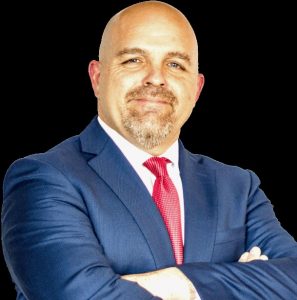
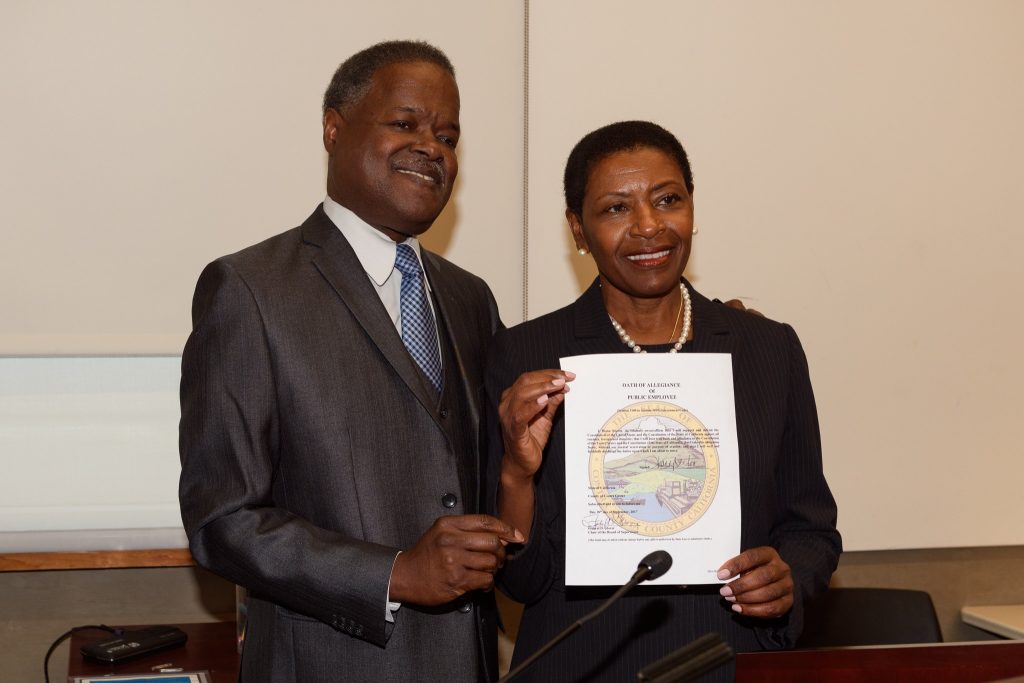
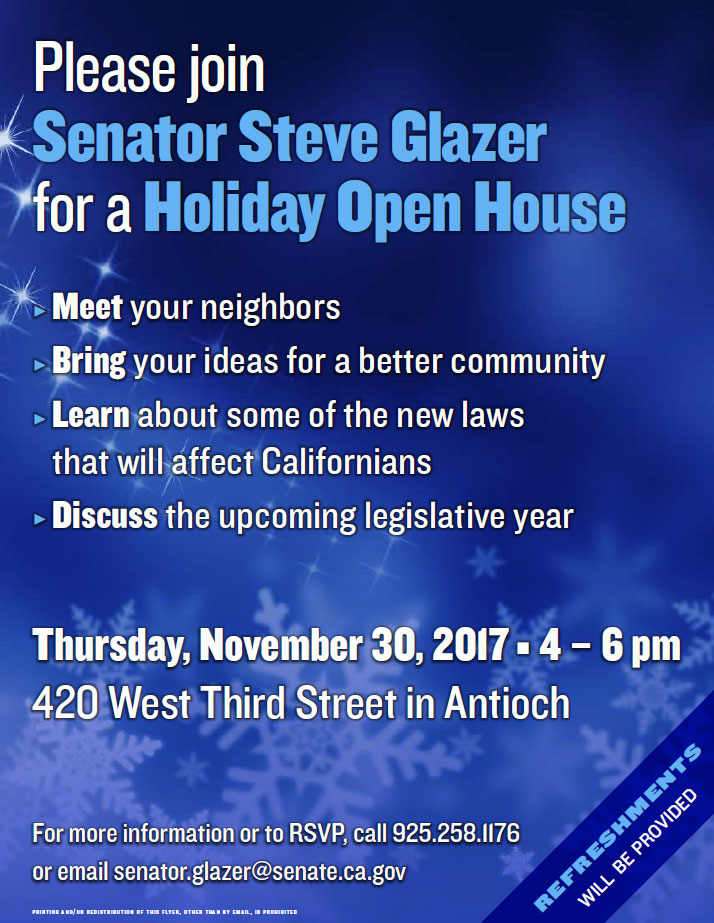
 New state law has moved up the date to start petition in lieu of filing fees to December 14th
New state law has moved up the date to start petition in lieu of filing fees to December 14th 
